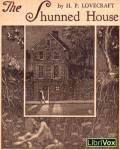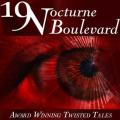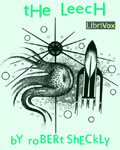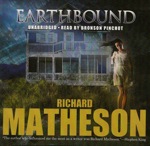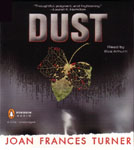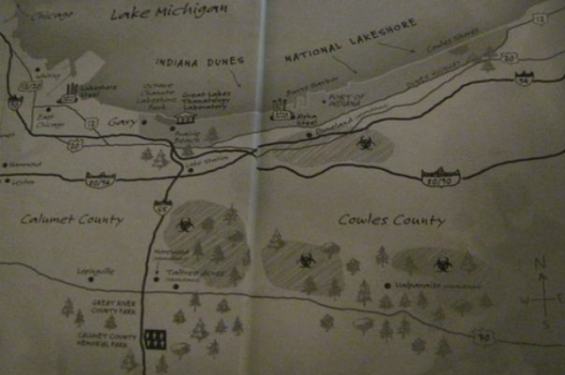
 The SFFaudio Podcast #105 – a complete and unabridged reading of The Most Dangerous Game by Richard Connell. Narrated by William Coon of Eloquent Voice.
The SFFaudio Podcast #105 – a complete and unabridged reading of The Most Dangerous Game by Richard Connell. Narrated by William Coon of Eloquent Voice.
A tempest tossed hunter crawls ashore on a mysterious island only to find his way to a creepy castle inhabited by a Russian Count named Zaroff.
After listening to this wonderful recording I heartily recommend you check out the 1932 RKO film version of The Most Dangerous Game. It has an excellent provenance having been produced by David O. Selznick and Merian C. Cooper. That’s the same team, with the same actors, with the same sets that was later used to make the original King Kong (1933)! The film version of Game adds a couple of characters (most notably a love interest), changes a few scenes, but really keeps the spirit of the piece and adds a haunting and beautiful visual motif. When the hero crawls ashore he meets the lovely Eve (played by Fay Wray) and her drunken brother Martin (Robert Armstrong), who were also shipwrecked. The film opens with a shot of a door with an ornate door knocker in the shape of a wounded centaur that’s carrying a subdued human woman. We see the door knocker once again and then later, inside the castle, the same iconic image is seen upon a mighty tapestry.
So, the wounded centaur is obviously a symbol. But for who or for what?
Now if you think about it, I’m sure you’ll see it, just as I did. Let’s break it down:
1. A centaur is, of course, half-man and half-beast.
2. The wound is from an arrow.
3. The woman in the centaur’s arms is either being rescued or abducted.
That’s almost enough. But it may help to know that, as I figure, the image was inspired by the myth of the centaur Chiron. In one part of the legend of Chiron, he is wounded by Hercules, with the wound’s cause being an arrow. An arrow dipped in the blood of a hydra. And hydra blood (of course) causes a wound that can never heal.
Now here’s the clincher, there’s a character in the film that has a wound that constantly bothers him. Get it?
As one of the reviewers on Archive.org’s page for The Most Dangerous Game put it: “[It’s a] film you can watch again and again.” Another reviewer put it this way:
“I think watching this movie has awakened my latent homicidal tendencies and right now I wanna fart around on an island with a cod Russian accent, wear a black polo neck sweater guzzle the best cognac smoke filterless cigarettes … and im gonna start right now.”

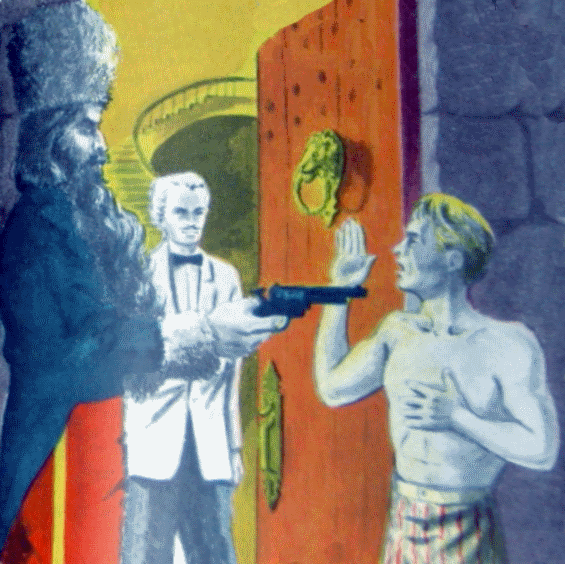
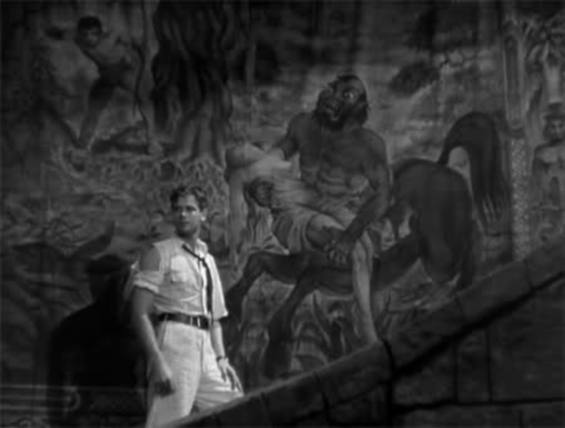
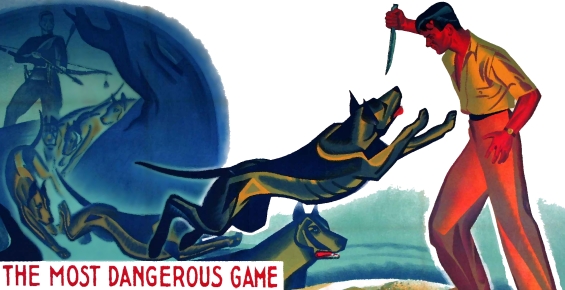
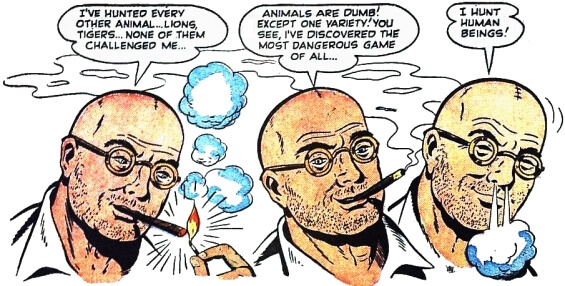
Download the |AVI| of the public domain movie!
Posted by Jesse Willis

 Written in three days (October 16–19, 1924), this classic H.P. Lovecraft short was published posthumously in Weird Tales. If you’re Lovecraft fan you may already know that the dwelling of the title was a real building, which still stands at 135 Benefit Street in Providence, Rhode Island. Today, a strange, nigh gargantuan tree o’rehangs it (viewable at
Written in three days (October 16–19, 1924), this classic H.P. Lovecraft short was published posthumously in Weird Tales. If you’re Lovecraft fan you may already know that the dwelling of the title was a real building, which still stands at 135 Benefit Street in Providence, Rhode Island. Today, a strange, nigh gargantuan tree o’rehangs it (viewable at 